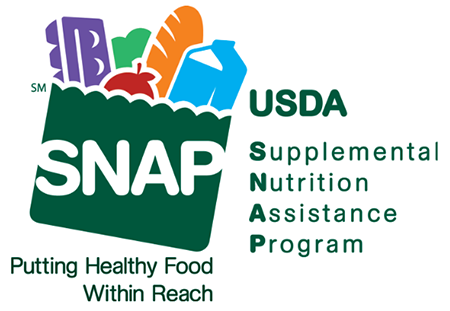New Hampshire’s Most Vulnerable Students Can’t Afford to Lose SNAP-Ed
The SNAP-Ed program provides far more than nutrition tips; it delivers structured, evidence-based support to New Hampshire’s most at risk youth. In communities where poverty, hunger, and chronic illness are disproportionately concentrated, SNAP-Ed fills a critical gap by supporting schools with the tools and strategies needed to create healthier learning environments.
New Hampshire faces an urgent challenge: school breakfast participation is among the lowest in the country. This especially affects students from low-income households who depend on schools for access to consistent, nutritious meals. In response, SNAP-Ed has funded targeted interventions that help schools remove barriers to participation, such as stigma, time constraints, and lack of awareness.
One such intervention is the Breakfast Nudge Kit, an innovative resource developed in partnership with statewide anti-hunger advocates. Designed with input from school personnel, it offers simple nudge techniques that schools can implement without added burden to staff. Through this initiative, over 40 schools across the state have taken action to increase school breakfast participation, reaching thousands of students.
The School Breakfast Program is not just about filling stomachs; it’s about delivering essential nutrition to students who might otherwise go without. Federally mandated meal pattern requirements from the U.S. Department of Agriculture ensure that every breakfast served meets rigorous standards for balance and nutrition. These meals provide, on average, over 48% of a student’s daily fruit intake, 40% of their daily dairy needs, and more than 30% of their whole grain requirements. For students from low-income households, where access to fresh, healthy food can be limited, school breakfast may be the most nutritious meal they receive all day. The nutritional quality of these meals has profound implications—not only for physical health, but for academic performance, energy levels, and long-term development.
The outcomes of breakfast nudge techniques in schools are clear:
- A middle school in Conway increased its school breakfast participation by more than 70% after implementing nudge techniques.
- A high school in Franklin saw a 46.7% increase in breakfast served within one week of implementation of nudge techniques.
- Districts now include meal participation strategies in their wellness policies, helping to ensure lasting impact.
SNAP-Ed doesn't just benefit students, it empowers schools to make lasting, systemic improvements and provides them with resources and expertise to do so. Removing this support would mean halting progress, leaving districts without guidance, and putting the most vulnerable children at greater risk of hunger, poor academic performance, and long-term health issues.
At a time when nearly one in five children in New Hampshire lives close to or below the poverty line, we must protect the programs that are working. SNAP-Ed is one of them.
Check Out Our New Health & Well-Being Page
Our specialists help create healthy people and healthy places in New Hampshire.
Featured LINK
Mental Health Resources for New Hampshire - a printable county-specific guide to help New Hampshire residents find local, state, and national mental health resources.
The University of New Hampshire Extension is an equal opportunity educator and employer. UNH, U.S. Department of Agriculture, and New Hampshire counties cooperating. Direct inquiries to unh.civilrights@unh.edu. USDA this institution is an equal opportunity provider. The preparation of this document was financed under a contract with the State of New Hampshire, Department of Health and Human Services. This material was funded by USDA’s Supplemental Nutrition Assistance Program – SNAP.


